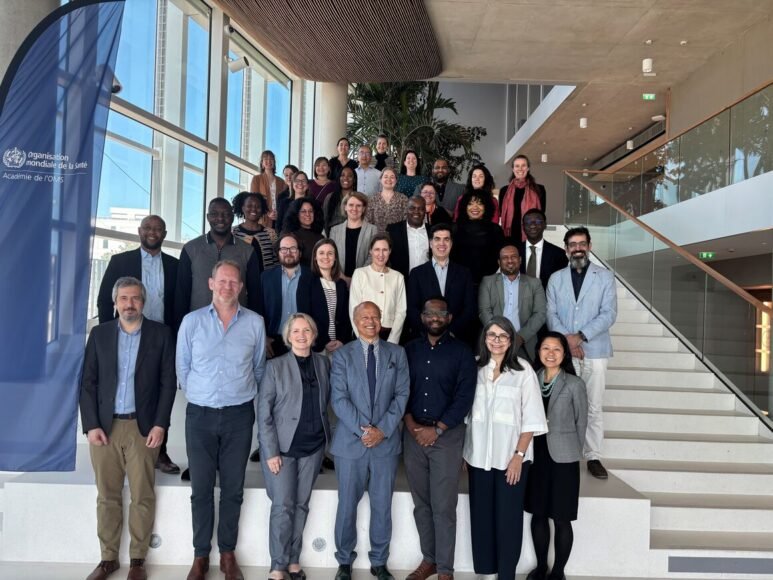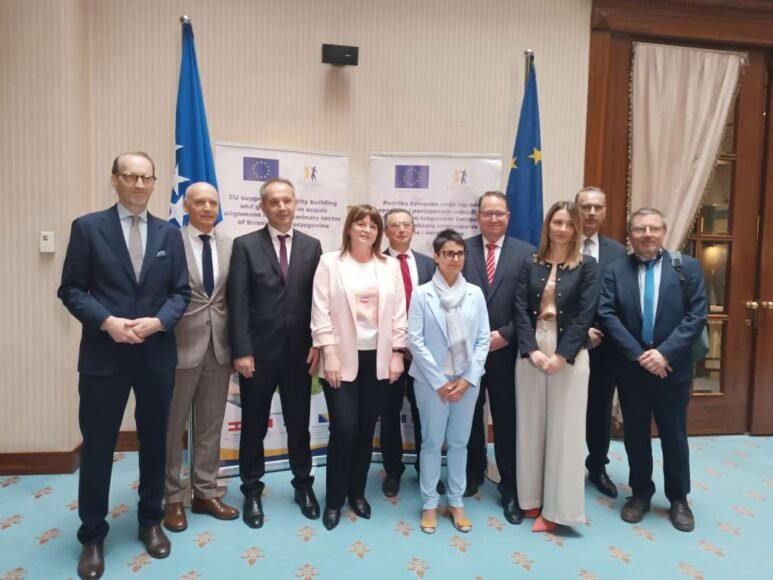
Prague – The Ministry of Transport has announced the selection of 14 research experiments that will be included in the European Space Agency (ESA) mission. Some of these experiments will be carried out by Czech astronaut Aleš Svoboda aboard the International Space Station (ISS), with some projects potentially commencing even before his mission, which is anticipated to launch by the end of 2027. This information was shared in a press release today.
This week, the Ministry will submit the list of selected experiments and their details to ESA, which will then negotiate with the project proposers. The aim is to finalize contracts for the experiments by summer. Minister of Transport Martin Kupka (ODS) emphasized, “We need to initiate the production of these experiments promptly, ensuring that the initial instruments are prepared for launch to the ISS by 2027. They should be ready prior to the mission of Czech astronaut Aleš Svoboda, which we expect to occur around late 2027 or early 2028.”
The selection process involved evaluating 70 proposals, exceeding the number from Poland, which is set to send its astronaut into space at the end of May. Out of these, 25 applications advanced to the second round, where they were assessed by ESA experts, who provided technical opinions and recommendations. Subsequently, a Czech committee reviewed the projects, which oversee ESA-supported Czech space initiatives, ultimately choosing experiments that considered ISS-specific requirements, weight and volume limitations, and the efficient use of the astronaut’s time.
According to committee chairman and coordinator of the national project Czech Path to Space, Václav Kobera, “The highest-rated project is a wristwatch dosimeter designed to enhance astronaut safety by accurately monitoring exposure to ionizing radiation, providing crucial data for future space exploration efforts.” He noted that this watch project will be beneficial for potential Mars missions, where radiation remains a significant concern. Other selected experiments include studies on the effects of microgravity and radiation on the human body, as well as tests involving magnetic nano and microrobots. (April 23)













Leave a Reply